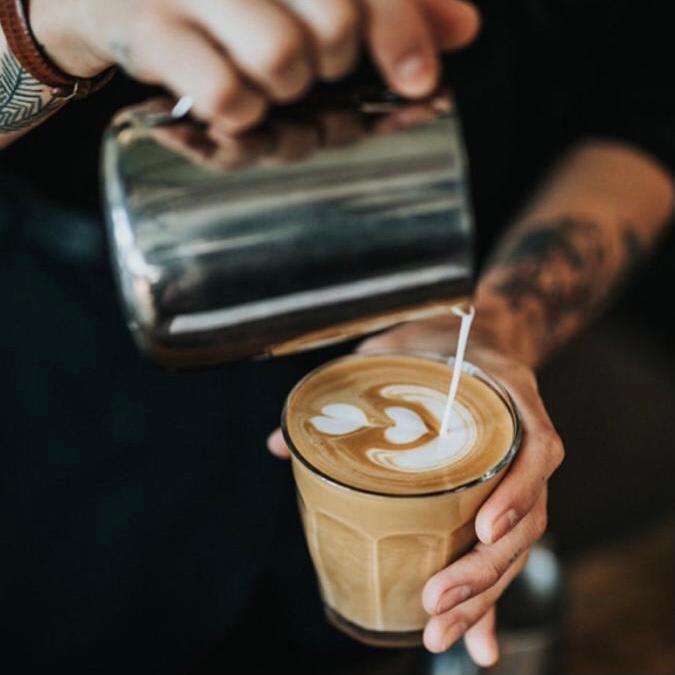Contents
- What Is Speciality Coffee?
- The Coffee Scoring System
- Why It Matters
- Speciality vs Regular Coffee
- Speciality Coffee in the UK
- How to Spot Speciality Coffee
- Final Thoughts
What Is Speciality Coffee?
Speciality coffee refers to the highest quality coffee available, based on its origin, processing, and how it's roasted and brewed. To qualify as “speciality,” the coffee must score at least 80 out of 100 in a rigorous quality assessment set by the Specialty Coffee Association (SCA).
But it's more than just a score. Speciality coffee is about traceability, ethical sourcing, and respect at every stage – from the farmer to your cup.
The Coffee Scoring System
Coffee is graded by certified Q Graders who assess factors such as aroma, flavour, balance, body, and acidity. Here’s how the scale works:
- 90–100: Outstanding
- 85–89.99: Excellent
- 80–84.99: Very Good (minimum for speciality status)
- Below 80: Considered commodity grade
Why It Matters
Speciality coffee benefits everyone in the chain:
- Producers earn more for higher quality crops
- Roasters build transparent, long-term relationships with farmers
- Drinkers enjoy better tasting, ethically sourced coffee
It’s a move away from bulk, anonymous blends and towards traceable, flavour-rich coffees with a story.
Speciality vs Regular Coffee
| Feature | Speciality Coffee | Regular Coffee |
|---|---|---|
| Score | 80+ | Below 80 |
| Traceability | Farmer, region, lot often known | Usually unknown or blended |
| Processing | Carefully controlled | Industrial scale, inconsistent |
| Flavour | Bright, complex, origin-specific | Flat, bitter, generic |
| Price | Higher, reflects quality and ethics | Lower, often mass-produced |
Speciality Coffee in the UK
The UK’s speciality coffee scene has grown rapidly in the past decade, with independent roasters, cafés, and importers building direct trade relationships and educating consumers. Manchester, London, Edinburgh, and Bristol are now home to world-class roasteries, including small-batch local outfits like Salford Roasters.
As more people discover that coffee can be as nuanced as wine, the demand for transparency and taste is shifting expectations across the industry.
How to Spot Speciality Coffee
Look for these signs when buying:
- Origin info: Country, region, farm or co-op, and altitude listed
- Roast date: Clearly displayed and recent
- Roaster transparency: Details on sourcing and sustainability
- Flavour notes: Descriptors like “cherry, dark chocolate, floral”
- Certifications: Not essential, but may include organic, Rainforest Alliance etc.
If it just says "100% Arabica" with no detail, it's unlikely to be speciality.
Final Thoughts
Speciality coffee isn’t a trend – it’s a movement towards better coffee, fairer trade, and more conscious consumption. Whether you're a casual drinker or a home brew enthusiast, understanding what makes coffee special helps you make better choices – for your cup, the farmer, and the planet.
Ready to taste the difference? Explore our freshly roasted beans and start your speciality journey.

